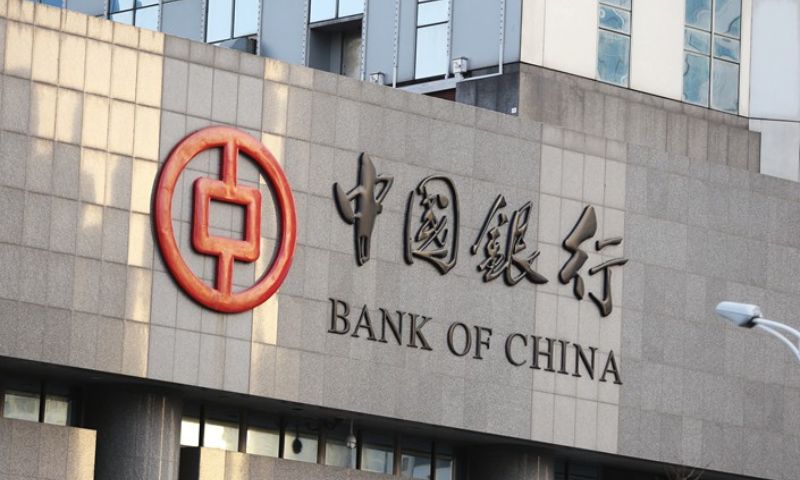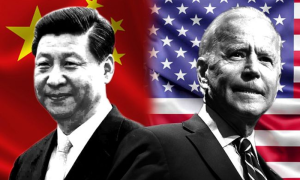BEIJING: China’s economy exceeded expectations in the first quarter of 2024, according to data released on Tuesday. However, despite the positive GDP growth of 5.3 percent, there are concerns about meeting the annual growth target set by Beijing, particularly with challenges facing the retail and industrial sectors.
The Chinese government aims for a growth target of around five percent for 2024, acknowledging the difficulty of achieving this goal. Analysts have described it as ambitious given the economic challenges China is currently confronting.
The first-quarter GDP growth of 5.3 percent surpassed analysts’ expectations, who had forecasted 4.8 percent, indicating a robust start to the year. The National Bureau of Statistics attributed this growth to a rebound in manufacturing and infrastructure sectors, despite challenges in consumption and housing investment.
However, the property market remains a significant concern as home prices continue to decline, and top developers face profitability issues and debt repayment challenges. Data also showed a decrease in property prices in major Chinese cities, adding to economic uncertainties.
The International Monetary Fund (IMF) warned that the troubled property sector could hinder China’s economic recovery, emphasizing the need for comprehensive measures to address underlying issues.
Furthermore, fears of deflation are looming, with concerns raised about the sustainability of China’s GDP growth. Despite some sectors, such as services, showing positive signs of recovery, retail sales and industrial output declined last month.
The unemployment rate improved slightly in March, but concerns persist, particularly for rural migrant workers who are vulnerable to economic downturns.
Last week’s report of declining exports and imports, coupled with Fitch’s negative outlook on China’s sovereign credit, underscore the challenges ahead.
Policymakers have introduced targeted measures and sovereign bond issuances to stimulate infrastructure spending and consumption. However, analysts argue that more substantial stimulus measures may be necessary to bolster confidence and demand.
While Beijing maintains that its efforts to stimulate growth are yielding results, there is consensus among economists that more proactive policy support is needed to address consumer confidence and real estate sector challenges.


























